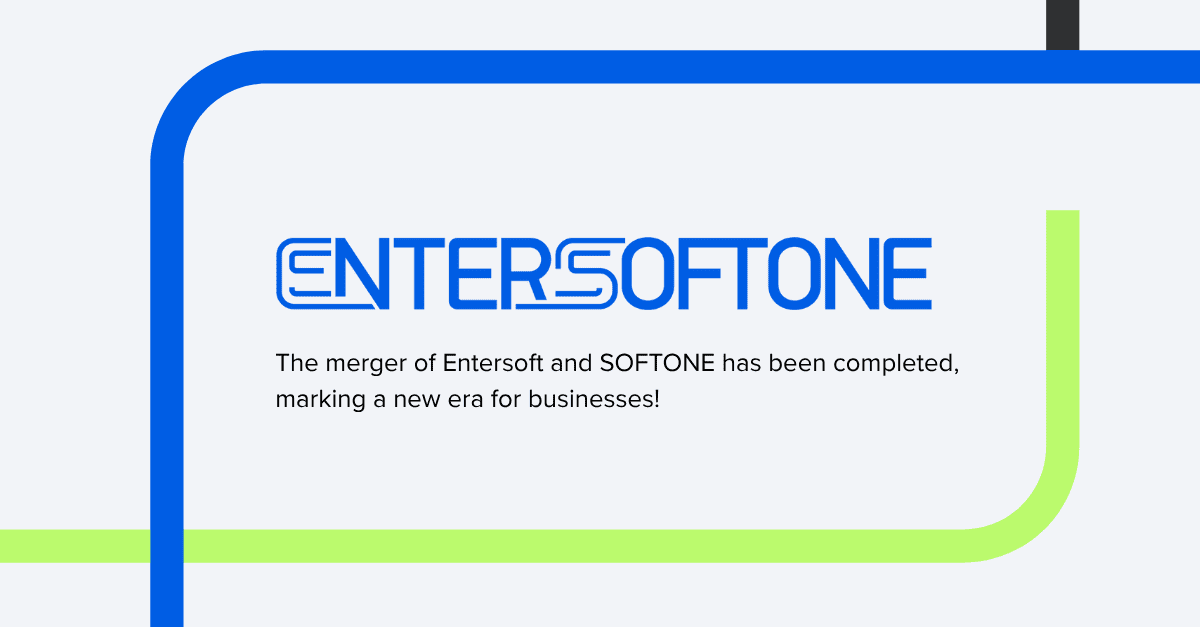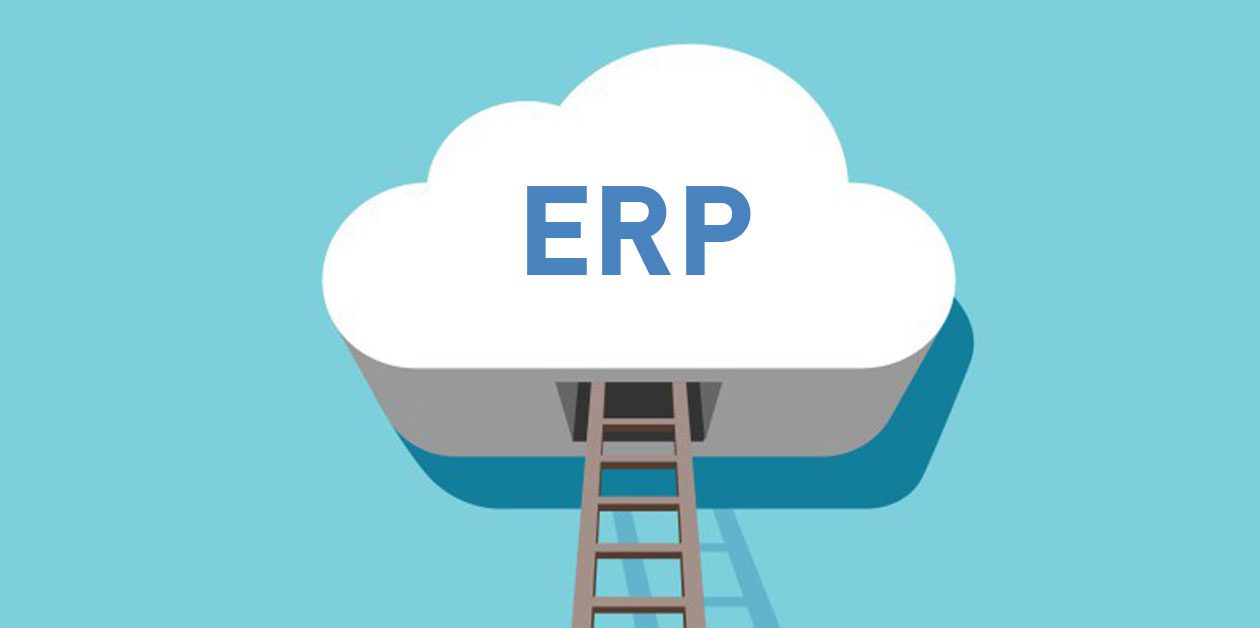Share
Read also

Trends & Views
Digital Transformation Strategies for Success

Business Software
CRM for Small Businesses and Seamless Integration

News & Events
ENTERSOFTONE: The merger of Entersoft and SOFTONE has been completed, creating the largest provider of business software products and services in Greece and Southeast Europe.

Mobility
Outlook for the BYOD and EM market from 2025 to 2035
The truth is simple: no ERP system deployment can be successful without the proper training; an effective training program that will precede deployment and offer you much more than you can imagine. But, let us see in more detail a few tips that can help you develop the right training program for your needs.
Make an early start
It is certain that an ERP system will drastically change your business on many levels: organizational structure, business processes, working methods for your partners and so on. Therefore, it is imperative that training is completed before, and not after, the system’s deployment. And if you already have strategies in place, make sure to integrate them while the system is being deployed and not after it is officially launched.
Start from the top
While senior executives may never get involved in the process of entering data in the ERP system, it is of great importance that they fully understand how the system works, how it affects the business, and how much effort and time are required for it to be fully deployed and integrated. When executives are not adequately informed, it is quite probable that they will have unrealistic expectations regarding the capabilities of the system, which will most certainly create communication problems and put extra pressure on the deployment process.
Determine training needs on a need-to-know basis
When it comes to training, it is important to find the right balance. While it may be necessary for everyone to know and understand the changes that the deployment of the ERP solution will bring, this does not mean that you have to “overwhelm” all departments with all the details pertaining to the new solution. Make sure that every department has the knowledge required to get started and, gradually, everyone will feel comfortable and familiar enough with the system to explore its full potential.
Once is not enough
Training is a process in its own right and you won’t have a successful ERP solution by just “going over it” once. As new updates and functionalities are added, the system is evolving. This means that you have to consider training as an on-going process, especially where new personnel is concerned.
Ensure you have the right budget
You may be tempted to save money by cutting-back on training spending but, in the end, such a decision will turn against the successful deployment of your ERP solution. If training and communication with the end-users are not among your top priorities, you’ll end up having an extremely expensive version of… Excel!
To sum up, if you want to get the job properly done, you can’t consider having an ERP solution without the proper training. Just think about it. Wouldn’t it be a shame ending up with a system that just does not work as it should, just because you overlooked this critical parameter from the beginning?







